Happiness; 26 January 2014
Today our Sundance film festival is officially over; the town will be quieter, the pace will slow. We drive in Park City as little as possible while the festival is on, but when we did go into town this year the traffic was not as intense. I think this is because, unlike many other years, we had no winter snowstorms to slow everything down. And although the nights were quite cold (down around 15 degrees) during the day the sun came out and temperatures climbed to 40 and above. This meant that the sidewalks were clear and there were fewer PIBS (people in black) wandering the streets. I spotted no celebrities—I probably wouldn’t know them if I saw them—but as usual there were rampant reports of celebrity sightings. There were parties all over Park City, the grapevine said, but since I wasn’t invited to any of them I only heard about them through hearsay—and reading the New York Times, which ran a story about the party houses in Deer Valley.
Both of us volunteered at our local library, selling concessions. With some difficulty I learned to run a credit card through an I-pad, and I did a reasonably good job with the cash register, though I made a number of mistakes. Thank heavens no one checked me when my shifts were over—it was harder than I thought it would be. I even got a few tips, the biggest one $1.50. I can see that this career is not in my future. It made me think of all the “menial” jobs people do in our culture. We take their work for granted and typically don’t pay them well, yet they can be demanding and stressful. After just four hours on my feet, I was tired.
Again I am meandering, but doing that kind of work brings me to my week’s topic, the Sundance documentary Happiness. It was the most visually beautiful film I have ever seen, and while the story line was simple, I am still thinking about what I learned from it.
Happiness was filmed by Western filmmakers in Bhutan, where the average national income is $6,100 per capita. In the early 1970s, the country’s Fourth Dragon King (don’t you love that tile??) stated his commitment to modernizing his country. He coined the term “Gross National Happiness,” which he defined as building Bhutan’s economy on the basis of Buddhist spiritual values. Here are the four necessary elements for a happy country:
1. sustainable development;
2. preservation and promotion of cultural values;
3. conserving the natural environment;
4. establishing good governance.
A GNH index should replace the GDP as a way of measuring countries’ progress, he thought. Bhutan is rated as the happiest country in Asia, the eighth happiest country in the world.
The film poses the question of how entering the twenty-first century might change this allegedly happy land. It opens with the present king of Bhutan declaring that he will allow the Internet and television into his country. People cheer; flags wave; bright colored balloons rise to the sky. Then we are in a high mountain field, where women and an eight-year-old boy harvest barley. The boy sings a beautiful song about their work and about life. They seem to accept the fact that they must work hard, as winter is coming and they will need food; this is simple. The mountains around are breathtaking, the highest of them soaring to 24,000 feet. But the boy’s mother, a widow with six children, decides to send him to a nearby monastery, as she cannot afford to send him to school and can barely feed him. He resists this.
However, once at the monastery he makes the best of things. He studies during the day and he makes a friend, an older monk-in-training. Some of the best shots show the two of them in their bright crimson robes running and tumbling against a magnificent, overpowering landscape, emblems of human happiness juxtaposed against an inscrutable, implacable nature.
These scenes are interspersed with shots of work crews building the electrical system that will bring power to this remote village, a reminder that progress will come here, too.
Even the monks are leaving, though, going south toward Bhutan’s capital, Thimphu. There seems little hope that this way of life can survive.
Although his life at the monastery is not difficult, the boy is homesick. He gets permission to go home to his mother for a few days, and it is at this point that his uncle decides to travel to Thimphu to buy a television; the work crews are close and soon they will have electricity. (Uncle had already bought one, but he broke it when he transported it up the mountain.) Each time he buys one, he has to sell a yak. One yak = one television. The boy accompanies his uncle this time, the first time he has left his village. While in Thimphu, he wants to see his sister, who has an office job there and uses computers—his mother is extremely proud of her daughter.
The film has amazing shots in Thimphu of the boy’s reaction to what he sees: the traffic, the police, the shops, the candy he can buy, the brightly colored lights at night. He finds his sister, but she does not work in an office: she is a dancing girl in a club, and, it is implied, a prostitute. (I know from my two stints working in the Balkans that one of the tried-and-true ways of luring young women into prostitution is to promise them that they will be “administrative assistants” in this city or that if they come with the procurers.)
This time the television reaches the village of Laya safely, and the film ends with the villagers sitting in front of it in the evening. They are watching “World Wide Wrestling Federation,” the program reflected in the pupils of the small children who stare in disbelief at the screen.
“This cannot be real,” one murmurs. “They would murder each other if this were really happening.”
So the film leaves many unanswered questions: how will exposure to the media, to other ways of life, change these people? will these villages endure? will Bhutan’s happiness index diminish as the country is modernized?
Not necessarily. Things will change for these people, some things for the better: they may be better fed, they made work less, their daily lives may be easier.
I know little about Buddhism, but I wonder whether its value of acceptance of life as it is can endure in a postmodern era, where the media encourages us to desire things that we don’t or can’t have. The little boy’s mother counsels him to accept what he must do, and even when she sends him away despite his wishes, when he comes home he finds happiness in lying in her lap in front of the fire.
I find that I am happy in my retirement, though I have enough to satisfy my needs with enough left over for travel, recreation, entertainment, hobbies, etc. I have a partner who loves me, loved family members I see often. I can hardly say what happiness is, but I think accepting what I have should suffice. There are no guarantees in life, no innate justice or fairness. The metaphysical English poets’ theme of carpe diem (seize the day) might be, like Buddhism, a path to enlightenment.
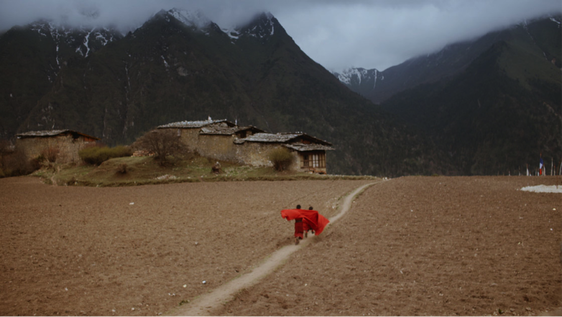
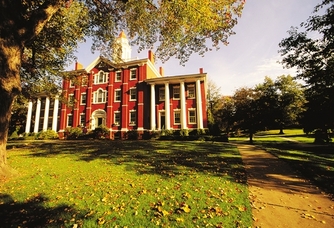
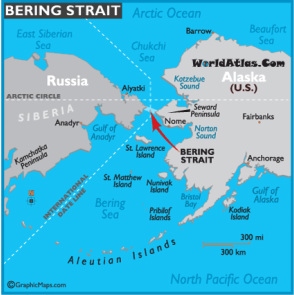
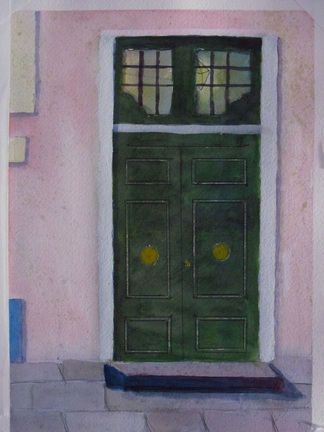
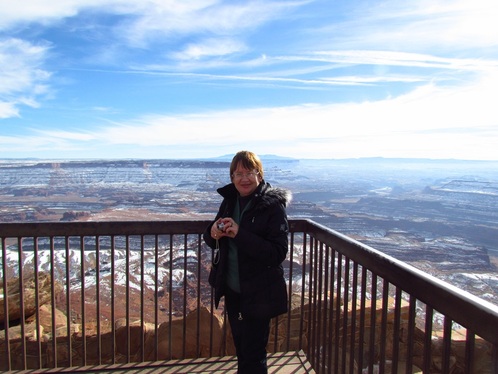
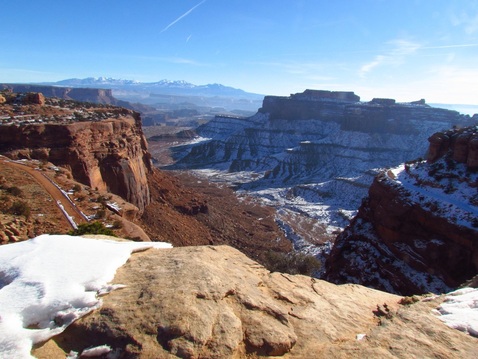
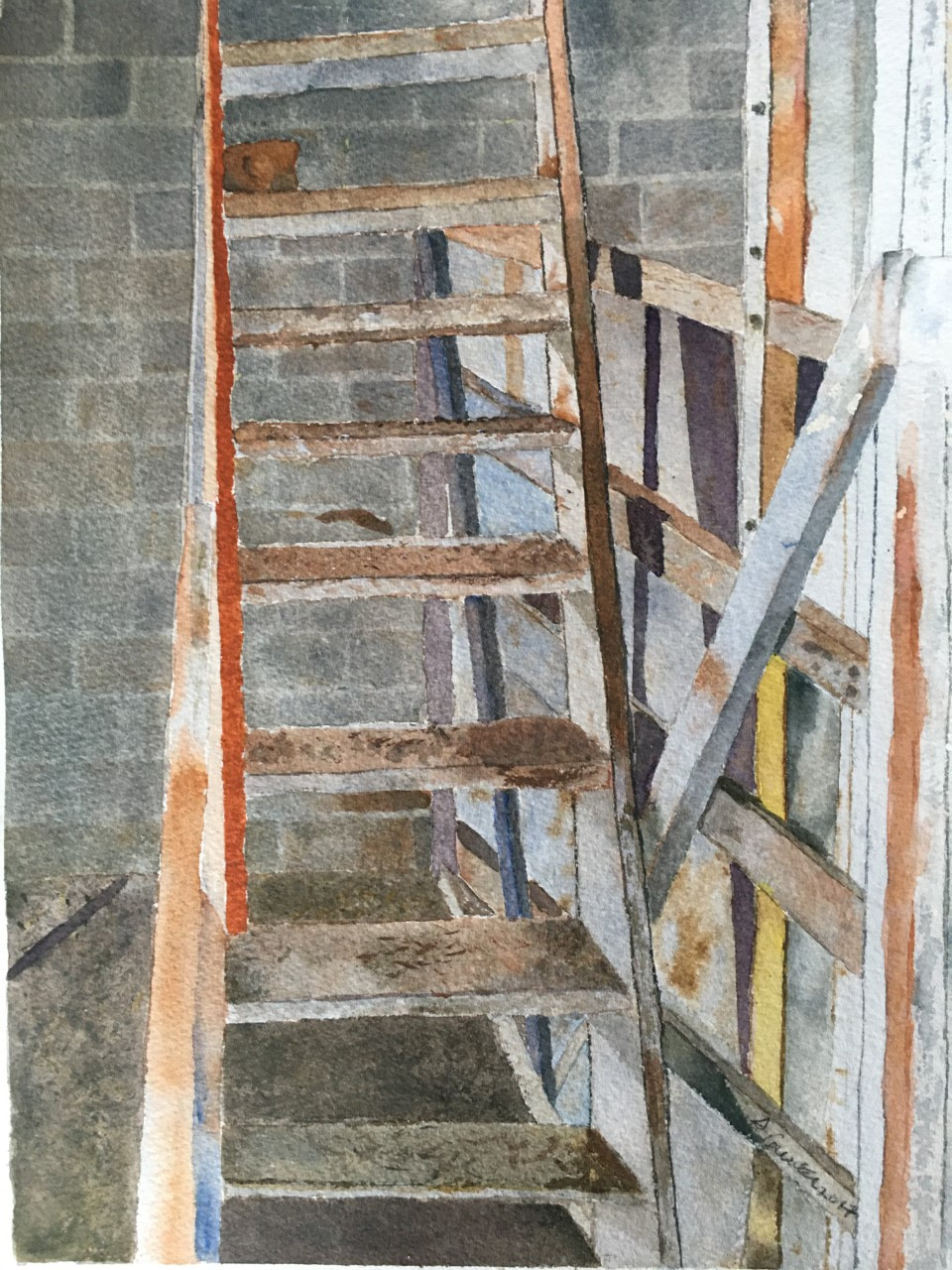
 RSS Feed
RSS Feed